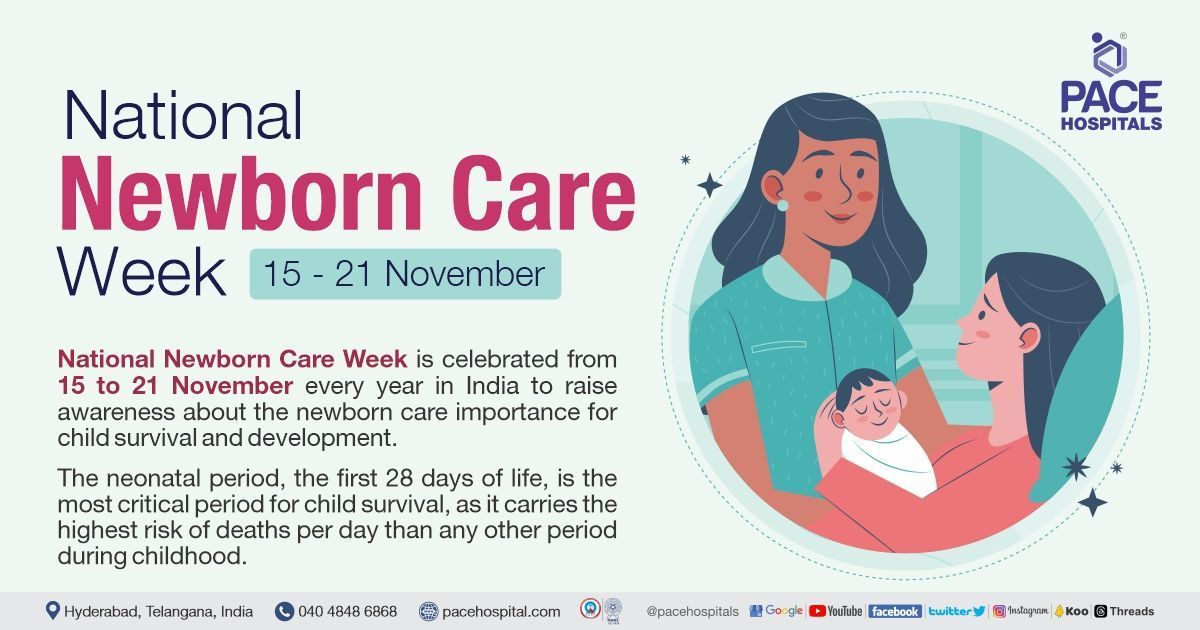2Mami Insights
Your go-to source for news, tips, and inspiration.
Surviving Sleepless Nights: A New Parent's Survival Kit
Unlock the secrets to thriving through sleepless nights! Discover essential tips and tricks in our ultimate survival kit for new parents.
Top 10 Strategies for Coping with Sleep Deprivation as a New Parent
Becoming a new parent is a joyful experience, but it often comes hand in hand with sleep deprivation. To tackle this challenge effectively, consider implementing strategies that can provide some much-needed relief. One effective approach is to prioritize naptime. Whenever your baby sleeps, take that opportunity to close your eyes, even if it's just for a short period. Additionally, creating a consistent sleep schedule can help both you and your baby establish a routine, making it easier to find time for rest amidst the chaos of parenthood.
Another helpful tactic is to enlist support from your partner or family members. This can include dividing nighttime duties, allowing each parent to catch up on sleep. If possible, consider using sleep aids such as white noise machines or blackout curtains to create an optimal sleep environment. Finally, be mindful of your caffeine intake—try to limit it to the morning to avoid potential sleep disruptions later in the day. By incorporating these strategies, new parents can better navigate the challenges of sleep deprivation and enjoy the journey of parenthood with a bit more energy.

Understanding Sleep Patterns of Newborns: What Every Parent Should Know
Understanding sleep patterns of newborns is crucial for every parent to ensure their baby's well-being. Newborns typically sleep between 14 to 17 hours a day, but this sleep is not continuous. Instead, it comes in short bursts, usually lasting 2 to 4 hours at a time. Parents might notice that their little one's sleep cycle consists of REM (Rapid Eye Movement) and non-REM stages, with a higher proportion of REM sleep compared to adults. This stage is essential for brain development and contributes to the infant's growth and overall health.
As a new parent, it is important to recognize the signs of sleep readiness in your newborn. Look for cues such as yawning, rubbing eyes, or fussiness. Establishing a consistent bedtime routine can help your baby transition more smoothly into sleep. Here are some tips to consider:
- Create a calming environment by dimming lights and reducing noise.
- Swaddle your baby to replicate the cozy feeling of the womb.
- Respond promptly to their needs, offering feeds or comfort as required.
By understanding and respecting your newborn's sleep patterns, you can foster healthy sleep habits that benefit both you and your baby.
How to Create a Sleep-Friendly Environment for Your Baby
Creating a sleep-friendly environment for your baby is essential to ensuring they get the rest they need for healthy development. Start with the room temperature; ideally, it should be between 68°F and 72°F (20°C to 22°C). You can also use blackout curtains to block out light during naps and at night. Additionally, consider using a white noise machine to drown out household sounds that might disturb your baby's sleep. Remember to ensure the crib is safe and free of soft toys or blankets that could pose a suffocation risk.
Establish a consistent bedtime routine that helps signal to your baby that it's time for sleep. This can include activities like a warm bath, gentle rocking, or reading a bedtime story. Aim to keep the environment calm and quiet; avoid stimulating activities right before bedtime. Most importantly, always place your baby on their back to sleep, as this reduces the risk of Sudden Infant Death Syndrome (SIDS). By following these guidelines, you can create a soothing sleep-friendly atmosphere for your little one.